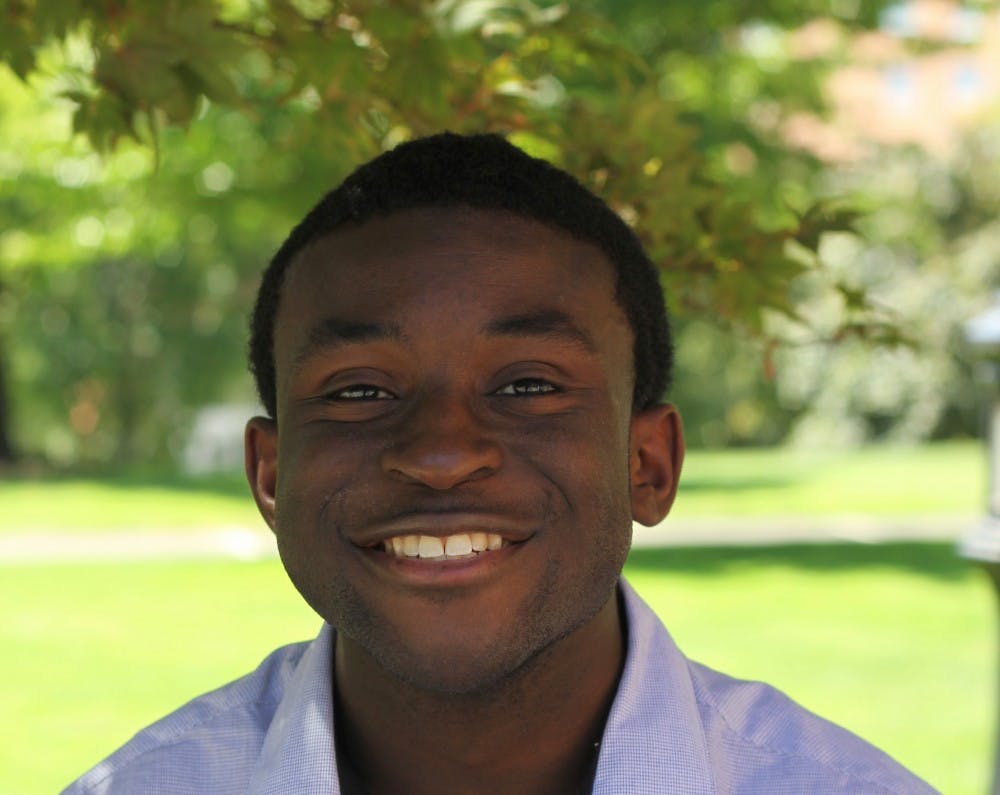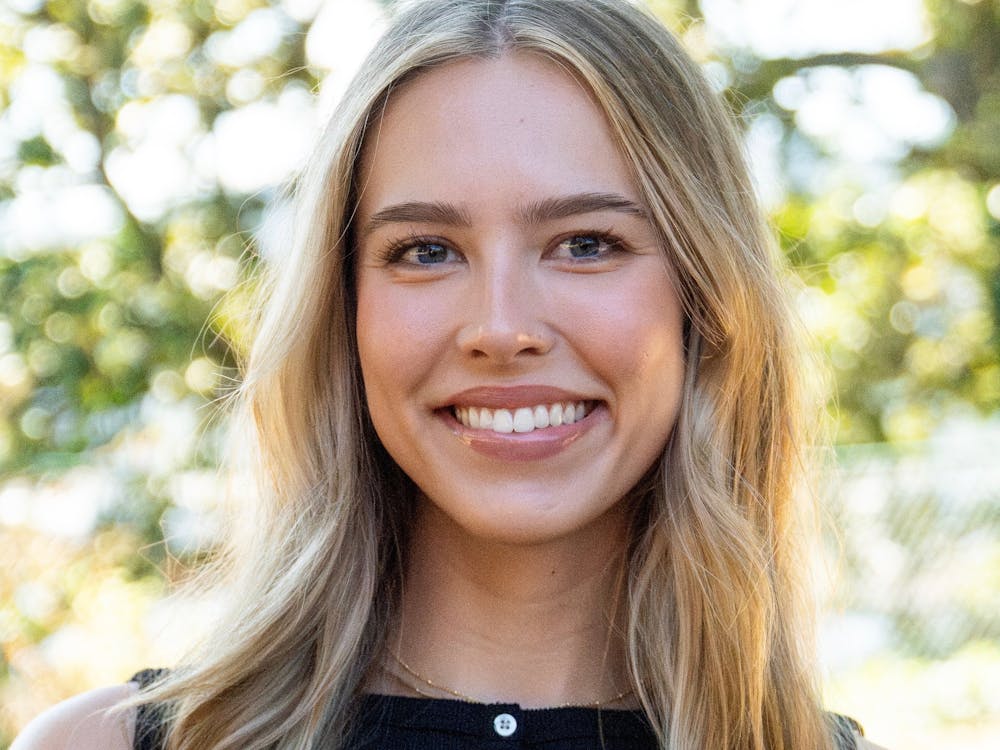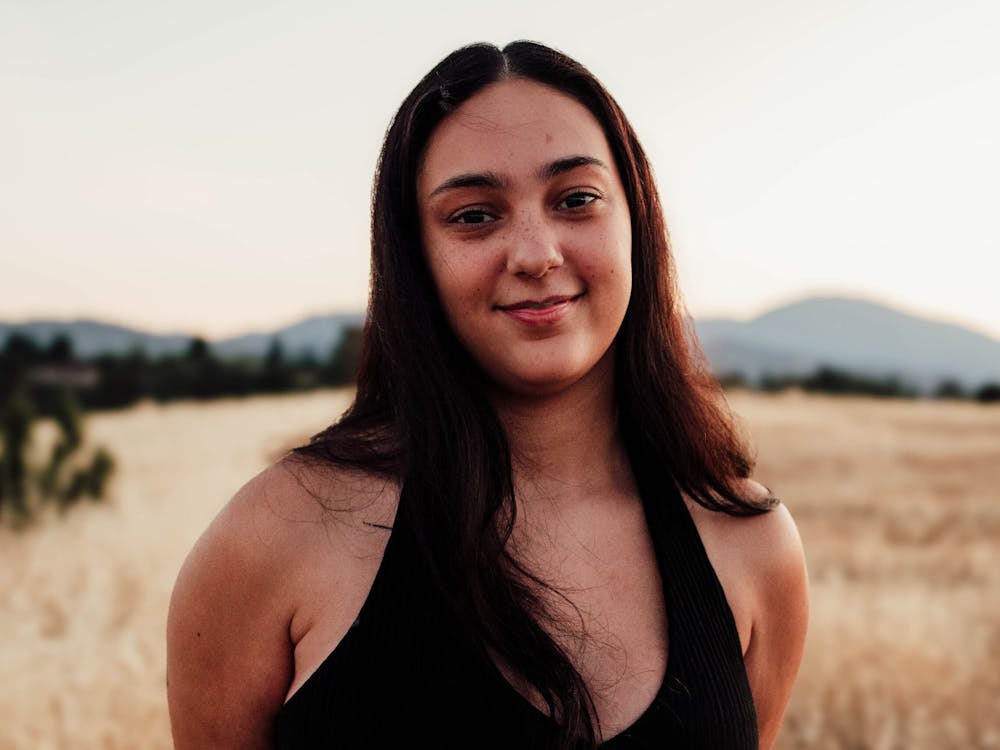In the summer of 2015, the months before my junior year at the University of Portland, I traveled with my family to Ghana.
Ghana is the West African nation that my parents hail from. Both were born and raised there. And although they moved to the United States long ago — my sister and I are first-generation African-Americans — my parents have made it a point that we visit as often as we can. So every five years since I was 10-years-old, we’ve made the trip halfway across the globe to the Motherland.
But in-between the usual family visits and functions, we had the opportunity to explore the country more in our latest trip than we had in years prior. Maybe coolest of all, and most impactful to me, was touring Elmina Castle.
The castle was one of the most important stops of the Atlantic Slave Trade during the European Imperialism era, a time which sent millions of Africans against their will to the new world in captivity.
I walked the same steps of the castle and into those same dingy dungeons that thousands of Africans captives in Elmina had hundreds of years ago before me. It’s hard to fully describe my emotions walking through that castle, but I did start thinking of my potential ancestral ties to the slaves.
Even though my parents came from Ghana, were some of my ancestors slaves? Were they torn apart from their families, never to be seen again? I gained a great appreciation for my Ghanaian heritage on that visit.
So that’s my call to action for you all: To learn about your own heritage and embrace it.
America is built on the back-bone of immigrants. The U.S. is one of the world’s most diverse countries. But what justice are we doing to ourselves and our country if we don’t explore the roots that the U.S. was founded upon?
Further incentive: Discovering your heritage will help you to stand out in a country that is increasingly assimilating to the dominant American culture.
According to FEE — the Foundation for Economic Education — racial and immigrant inter-marriage is contributed to this trend in the U.S. Second and third-generation Americans are starting to marry outside their ethnic group. So what we’re seeing is that the children of these marriages are identifying less with their immigrant ancestors, and more to the environment surrounding them.
I challenge you to ask your parents about your family’s roots. If they don’t know, try a grandparent or another older member of the family. Do a DNA test if you have to, if you have the funds (I have a couple friends who have done so). I can’t tell you the incredible sense of pride I get when people ask about my background and I can tell them about my Ghanaian family; The rich tradition of dance and music that comes along with it.
And as college students, many of us have already started formulating our bucket lists, the thing things we must do before we die. How cool would it be to add exploring the countries of our ancestors’ origin to the list?
In talks with my dad in recent years, I’ve come to learn that Ghana isn’t the only country in my bloodline. My great-grandfather immigrated from Sierra Leone — another West African country — to Ghana in the early 20th century. I hope to travel to the country one day and meet that side of my family.
But I haven’t always been so intrigued to learn more about my family’s culture. As a boy, I took it for granted. I was trying so hard to identify with other African-Americans that I brushed it off. I felt embarrassed to wear African outfits in public and I had no interest in learning the different Ghanaian dialects or eating the traditional food.
In high school, I learned to embrace it. I’m similar to some, but different from many more. My background makes me unique.
And yours makes you unique, too.
The most profound experiences don’t always need to come from exploring the wilderness or visiting the world’s coolest cities.
Sometimes, it comes from looking inwards and learning more about your own history.








